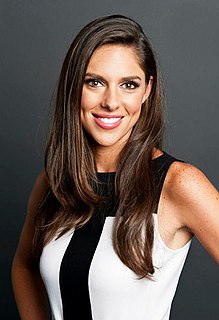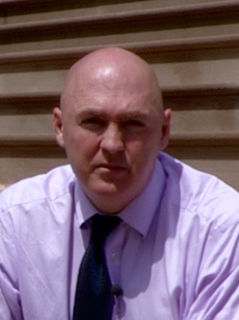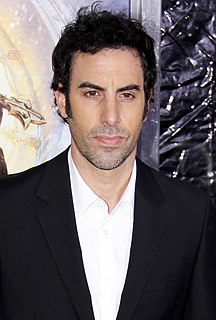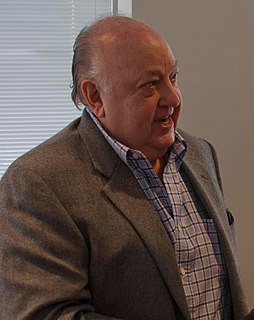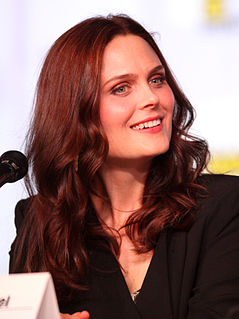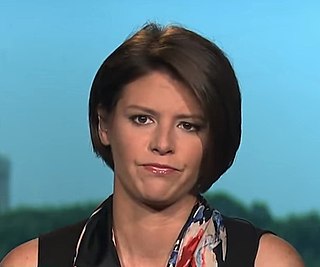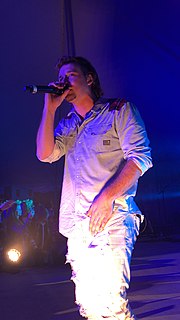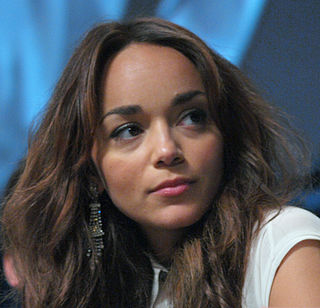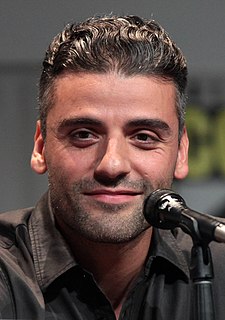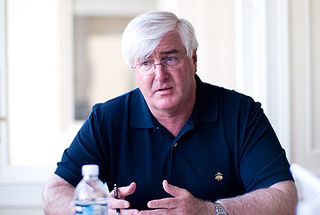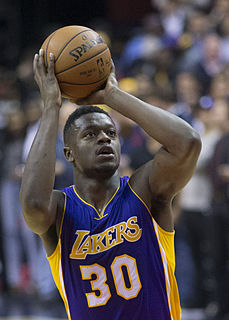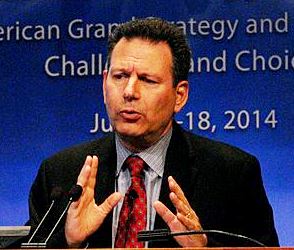A Quote by Abby Huntsman
My dad originally wanted to be a foreign correspondent before he got into politics. We have very similar personalities, so I think I get a lot of that interest from him.
Related Quotes
You've got to attract interest in your candidate. The problem when you're running far behind is that you've got to move through those positive phases very quickly. Then, you have to draw attention to the other guy. You've got to create interest in why you differ from him and you've got to create a desire to remove him.
It's a funny thing. It's an odd thing to have your dad just come and work with you. But I think they all enjoyed working with him. It was a lot of fun. David loved teasing my dad, but I know respects him very much and when he gave him direction, David was always trying to do what he asked and we had a lot of fun.
I saw Nader shortly before the election and - I voted him the time before, because I liked the sort of long-term strategy of building a viable third party. So, okay, we'll get enough votes, you get a little bit more money, and maybe, if there's continued growth, then maybe eventually there's hope for a viable, legitimate third party. I think the reason why I didn't vote for him last time was because we tried that and it didn't work. Ralph Nader is a very smart guy, and I think he's got a lot of good ideas.
When I first signed up for a Twitter account - I was to say it was in 2007, people are going to think it's some weird self promotional thing or it's going, but in time I was called upon to like try to persuade other foreign correspondents and journalists to get on Twitter and see the usefulness of it which is kind of ironic. I think the journalists who are leading the digital charge at the Times have, all have that background as a foreign correspondent, which I think is not accidental.
It was an echo of Director Comey's testimony that Trump showed no curiosity, no interest, no concern over the Russia hack. The only element of it that concerned him was how it might impact him personally. That says, I think, a lot about where the president is coming from, but it was quite jarring given this was an attack on our democracy by a foreign power.
